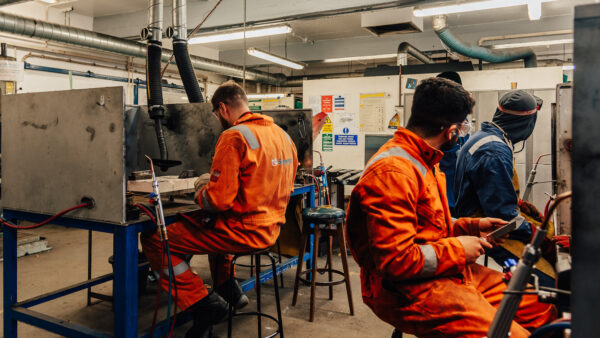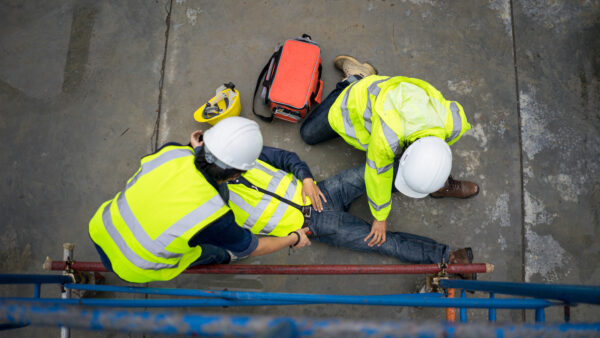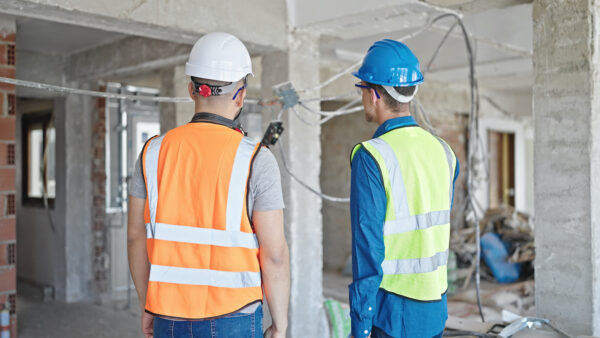The director at Deloitte on becoming a CIOB fellow, climbing the corporate ladder and social mobility.
Congratulations on achieving fellowship. What prompted you to make that progression? What will it mean for your career?
I became a chartered member in the early 2000s and to pursue fellowship in 2019 just felt right for me. The key project I chose to write my submission on was very strategically aligned to the direction of the construction industry over the past two years and I had been doing more public speaking so felt I should be representing the CIOB as a fellow not only at chartered member level. I always say that I am a life-long learner, so I felt I needed to prove to myself I still was.
Being a fellow reinforces the cont-ribution I continue to make to the sector, alongside continuing with my purpose of wanting to make a positive difference in the industry.
I have worked for principal contractors, developers, government agencies and management consultants – that to me demonstrates quality breadth alongside a deep sector discipline and knowledge base too, all recognised by fellow status.
“Being a fellow reinforces the contribution I continue to make to the sector, along with wanting to make a positive difference in the industry.”
Claire Handby, Deloitte
How was it for you?
Completing the fellowship programme is a real commitment, so it’s not something you can pass with half-hearted effort: it needs to be a priority in your life to finish the process. I started the pathway in April 2019, and I achieved fellow recognition in September 2019. I did give up several weekends and evenings to complete the 3,000 word thesis – building that around a full-time director role and personal life was a sacrifice.
The process was easy to follow and I did enjoy it. I enjoyed writing up my project narrative and having the opportunity to really reflect on the subject through the CIOB Leadership Framework. In the interview process I embraced the opportunity to be tested and focused on just wanting to have a really good conversation with the panel.
You career has spanned site management to management consultancy. How do those roles compare?
I set out as a sub site agent in the 1990s through to becoming a construction management graduate. I progressed from being a qualified construction manager to senior planning and project manager, all natural next steps in the sector.
I wanted to experience delivering myriad projects so went into portfolio management – typically multi-billion pound, extremely complex environments. This is the natural home of strategic management consulting which is where I sit now and have for the past decade.
My management consulting roles give me the opportunity to see the full end-to-end life cycle from deciding to invest in a programme/project/scheme through to handover and occupation.
I gather you have views about construction and social mobility?
I was brought up in Greater Manchester with strong values such as honesty, integrity, ‘can do’ attitude, authenticity and a will to succeed. I am the daughter of hard-working people and went to a standard comprehensive school.
I had a life-changing tragedy in my teenage years when I lost my four-year-old sister Rachel to meningitis. This experience and others gave me a fundamental attribute of resilience. I think many people within the industry have this attribute too. That’s why social mobility is very real in this industry.
It is by leveraging this strength and seizing many opportunities the industry has offered that I’ve made progress.
When I work with young people in schools, or 16-24-year-olds at the Prince’s Trust, or with people as part of Deloitte’s One Million Futures programme, it is this resilience attribute I share when asked to tell my story so far.








